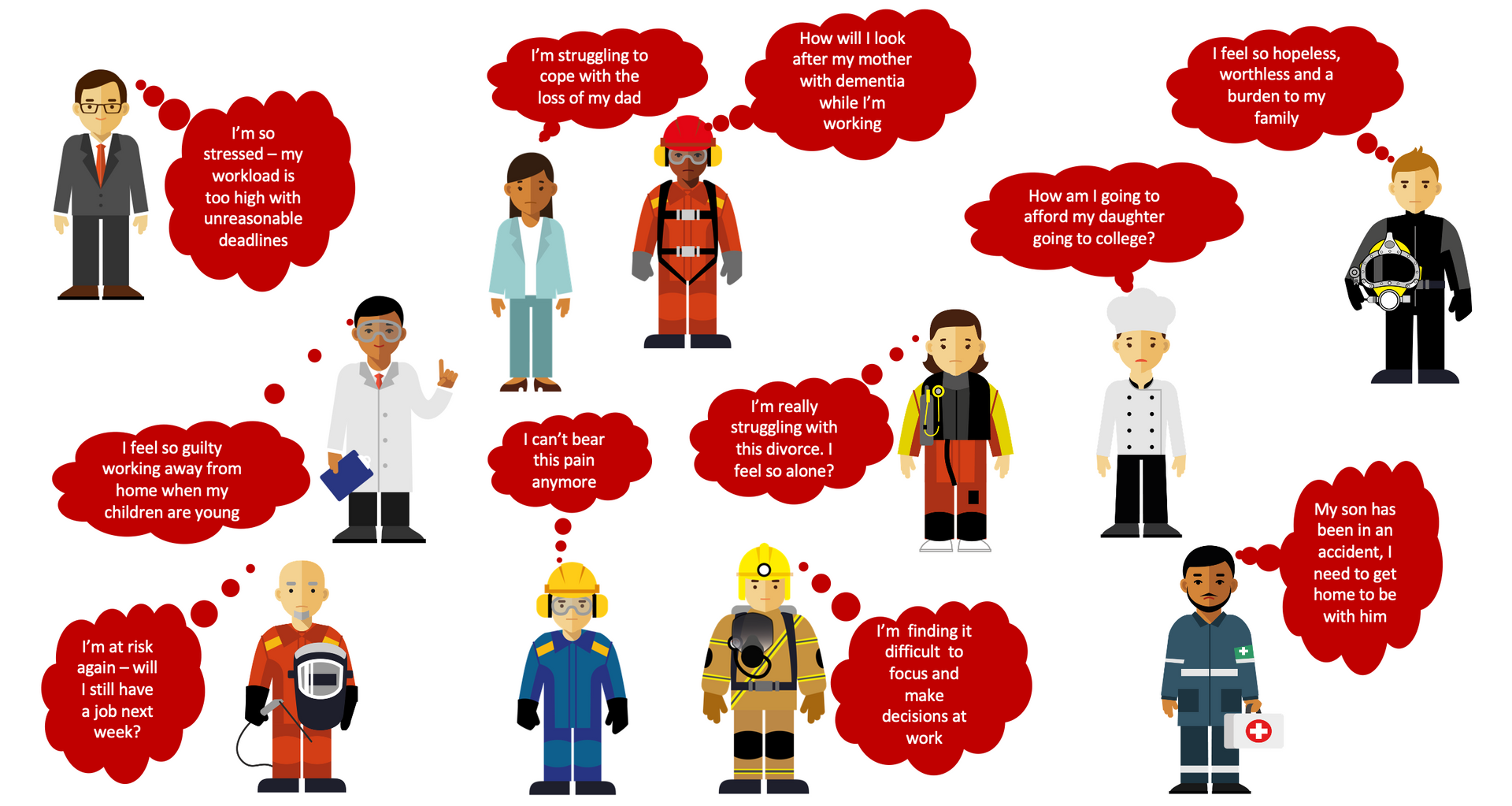Safety Knives
Every business should have this simple tool for less that £10 that will avoid inbound packing accidents!

Accidents in the workplace involving traditional cutting tools like scissors and blade knives are not uncommon, just check your 1st aid book!
These tools, while essential, pose a significant risk of cuts, nicks, and even partial digit loss. I am never suprised to see a clients accident records include minor injuries attributed to knife injuries.
The Solution: Buy Safety Knives for your employees that handle inbound parcels!
To remove these risks the introduction of safety knives is a game-changer. Safety knives are designed with features that minimise the chance of injury. For instance, as this image shows (other manufacturer products are available), the blade is completely protected from the user whilst remaining a useful package opening tool.
Benefits of Switching to Safety Knives:
Reduced Risk of Injuries: Safety knives significantly lower the chances of cut-related injuries, protecting employees’ well-being.
Cost Savings:
Fewer injuries mean less downtime and reduced workers’ compensation claims, translating to financial savings for businesses.
Ease of Use: With ergonomic designs and non-slip handles, safety knives offer comfort without compromising on performance.
A simple switch to safety knives can lead to a safer work environment, preserving the health of employees and the financial health of businesses.
It’s a small change with a big impact.
Remember, safety should always be the "cutting edge" in any workplace!
I hope this post is useful and demonstrates that Big Mountain Consultancy does not overlook the small issues is safety management.










